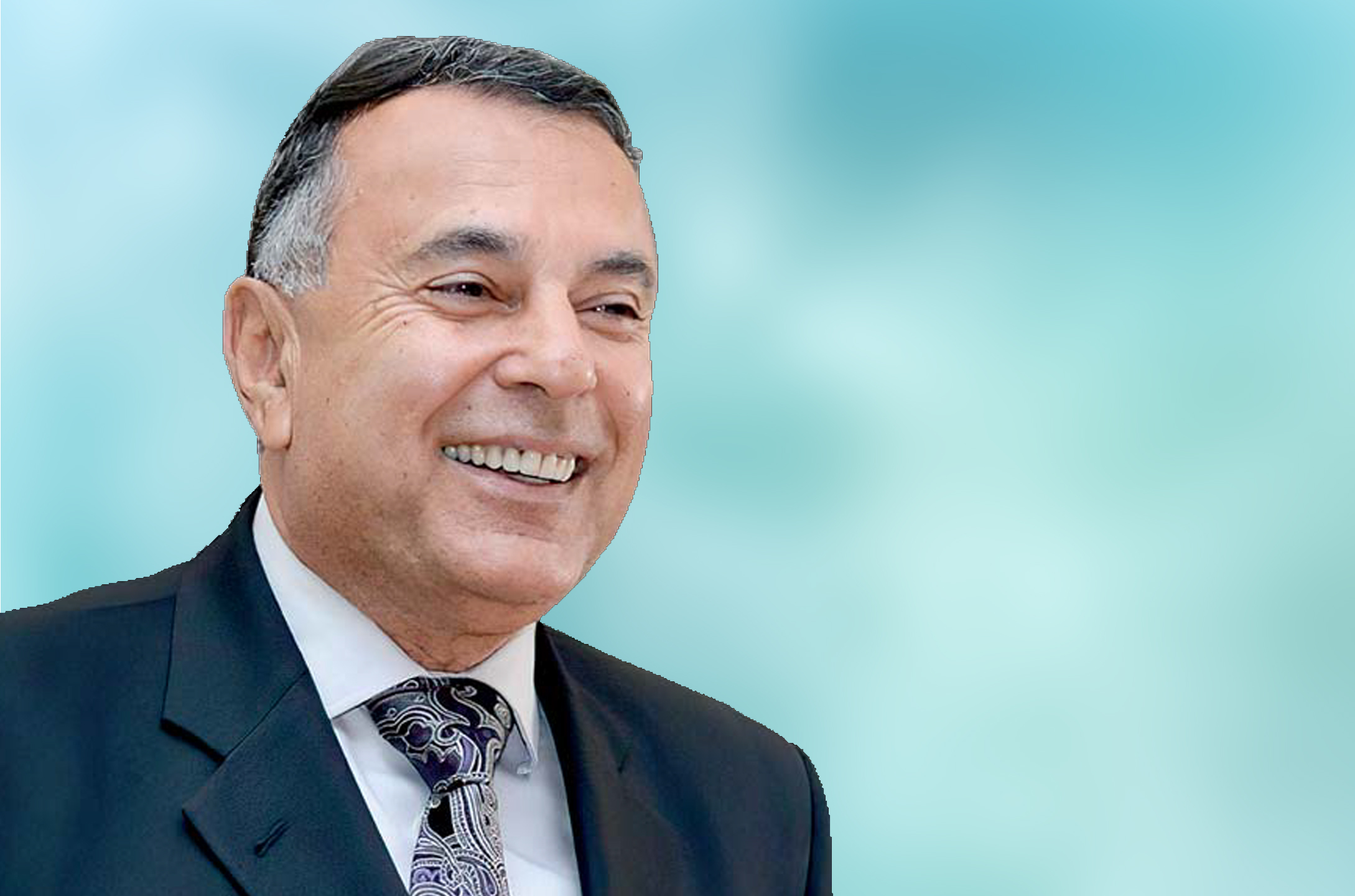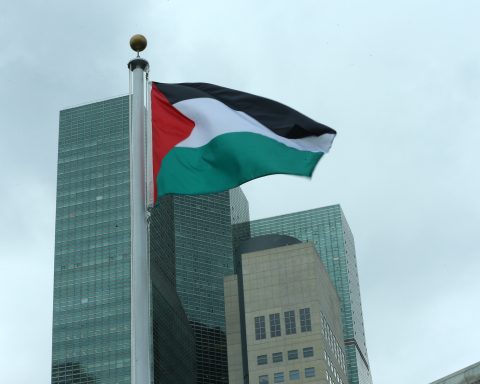Abdennour Toumi: The latest trip of President Biden to Israel and Saudi Arabia left a sour taste in the mouths of analysts. However, it did break the old tradition of US Middle East policy. What are your thoughts?
Massoud Maalouf: I personally think that President Biden did not do himself any favor with his trip to Israel and Saudi Arabia. Israel and Crown Prince Mohammed bin Salman (MBS) were the big winners. Palestinians were disappointed. Biden was harshly criticized, even by his own party, for ignoring his campaign pledges to make Saudi Arabia a “pariah” state and avoid relations with Mohammed bin Salman following the killing of Washington Post journalist and green card holder Jamal Khashoggi in the Saudi Consulate in Istanbul. By asking for more oil and gas production to ease the skyrocketing prices in Europe, the US showed Biden’s weak position which was also highlighted by his being rebuffed with his plan to create a security coalition of Gulf states and Israel to confront Iran. Biden’s approval rating has dropped even further with 75% of Americans indicating they do not want him to run for a second term in 2024.
Abdennour Toumi: If one could define President Biden’s U-turn in US Middle East policy, it would notably be defined through the thorny question of Palestine, which President Biden ignored and instead insisted on Israel’s military integration into the region as the 2020 Abraham Accords indicate. Does a Democrat president want to cultivate what an unconventional Republican president, namely Donald Trump, seeded?
Massoud Maalouf: Since he took office in January 2021, President Biden has not paid much attention to the Middle East issues in general and to the festering Palestinian issue. To date, Biden has not appointed an envoy for Palestine. While he has overturned most of his Republican predecessor’s domestic and international policies, he has retained former President Trump’s policies towards Israel with the strong support of the Abraham Accords and only verbally reinstating the US’ long-standing declared policy of the two-state solution. Although he has resumed US monetary contributions to UNRWA and some financial assistance to the Palestinians, Biden has not followed up on his promise to reopen the US consulate in Jerusalem or the Palestinian office in Washington, which were both closed by Trump. He seems to be trying to compete with Trump on who is more pro-Israel, especially by declaring upon landing in Israel that he was a Zionist.
Abdennour Toumi: The ongoing war in Ukraine is shaping world geopolitics as well as geopolitics in the Middle East and North Africa. It is already impacting food and fuel price in some MENA countries like Lebanon, Egypt, Tunisia, and Mauritania. Where are the impacts of the food and fuel crisis taking the region’s geopolitics and economics?
Massoud Maalouf: The Ukraine war is having a significant impact on many countries around the world and especially on MENA countries that are importers of Ukrainian and Russian wheat. The US and Russia are each trying to sway MENA countries to their respective sides. This was clearly evident by the recent visits of Biden to Israel and the Gulf and of Russian President Putin’s visit to Iran. Russian Foreign Minister Lavrov was in Cairo on July 24, 2022, where he held a meeting with the Arab League Secretary General and Egyptian officials, promising Egypt that orders of Russian grain will be fulfilled. In the meantime, most Arab countries are trying to keep a rather neutral position with regard to the Ukrainian crisis.
Abdennour Toumi: Could one speak today about the food security crisis in the Middle East and North Africa?
Massoud Maalouf: Food security could become a serious issue in the Middle East and North Africa in the near future if the war in Ukraine drags on. Despite the Turkish-mediated agreement between Russia and Ukraine allowing grain shipments to go through the Black Sea, the situation remains precarious with the Russian bombardment of Odesa shortly after the signing of the agreement. Evidence of economic problems and food supplies is already beginning to show up in the MENA region and Africa. For instance, in Lebanon, there are long lines at bakeries for bread.
Abdennour Toumi: The term of security in the MENA region rhymes with instability. How much leverage do Gulf leaders, such as the President of United Arab Emirates Mohamed ben Zayed and Crown Prince Mohammed bin Salman, have to carve the new regional order following the war in Ukraine?
Massoud Maalouf: Instability has always existed in the MENA region long before the Ukraine war. Saudi Crown Prince Mohammed bin Salman is visiting some countries in Europe and has already started building relations with Russia and China as trust in the US is dwindling. During his recent visit to Saudi Arabia, Biden’s statement that “the US is going nowhere” and will stay involved in the region did not provide much reassurance. The young leaders of Saudi Arabia and the UAE are trying to diversify and expand their international relations. Gulf countries did not buy into Biden’s singling out of Iran as a danger in the region. The UAE is seriously considering the dispatch of an ambassador to Tehran, and Saudi Arabia is negotiating with Iran through Iraqi mediation. This shows that a new world order is likely under development.
Abdennour Toumi: Geopolitical and economic observers were stunned while watching the iconic picture of President Macron in Germany at the G7 Summit urging President Biden to speak about oil prices with Saudi Crown Prince Mohammed bin Salman during his visit to Saudi Arabia. Furthermore, on July 18, President Macron hosted UAE President Mohamed bin Zayed in Versailles. Are the Gulf leaders preparing their region for a new world order?
Massoud Maalouf: A new world order is likely underway. Mohammed bin Salman is visiting France. Macron is eager for stabilization in energy prices. He already has serious economic problems which have affected his political agenda. He has warned the French to be ready for a harsh winter with less heating, and the EU has now decided to reduce the energy consumption of member countries by 15%.
Abdennour Toumi: The Jeddah Summit for Security and Development was hosted by Saudi Arabia with the participation of Gulf Cooperation Council countries and Jordan, Egypt, Iraq, and the US. How could the new imperatives of security and development in the MENA region, in the economic and geopolitical sense, play out in the people’s demands for socioeconomic and political change?
Massoud Maalouf: The Jeddah Summit for Security and Development brought the leaders of these countries closer together, but I do not see how it will affect the local populations positively. I think it all depends on the course of the Ukraine war and the successful shipments of grain to the countries of the region. In any case, the leaders should be thinking about different sources for the needs of their populations to avoid internal hardships and strife.
Abdennour Toumi: On July 19-20, a trilateral summit was conducted in Tehran between President Raisi, President Erdogan and President Putin. Could one speak about a new Tehran Conference in the Eastern sphere?
Massoud Maalouf: Following Putin’s visit to Tehran and his meeting with President Raisi, it seems that a new “Eastern” bloc is developing between Russia, Iran, Syria, and probably Lebanon, to confront the US, Israel, and the Gulf countries that have already normalized relations with Israel. Türkiye will probably be trying to navigate between these two blocs while China will be supporting the Eastern bloc without being a full member.













